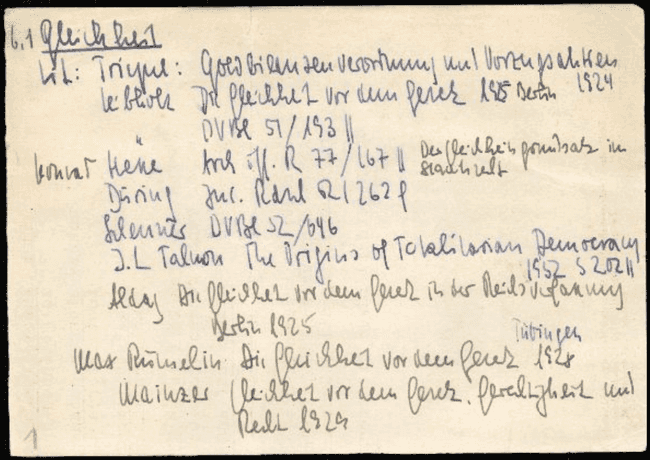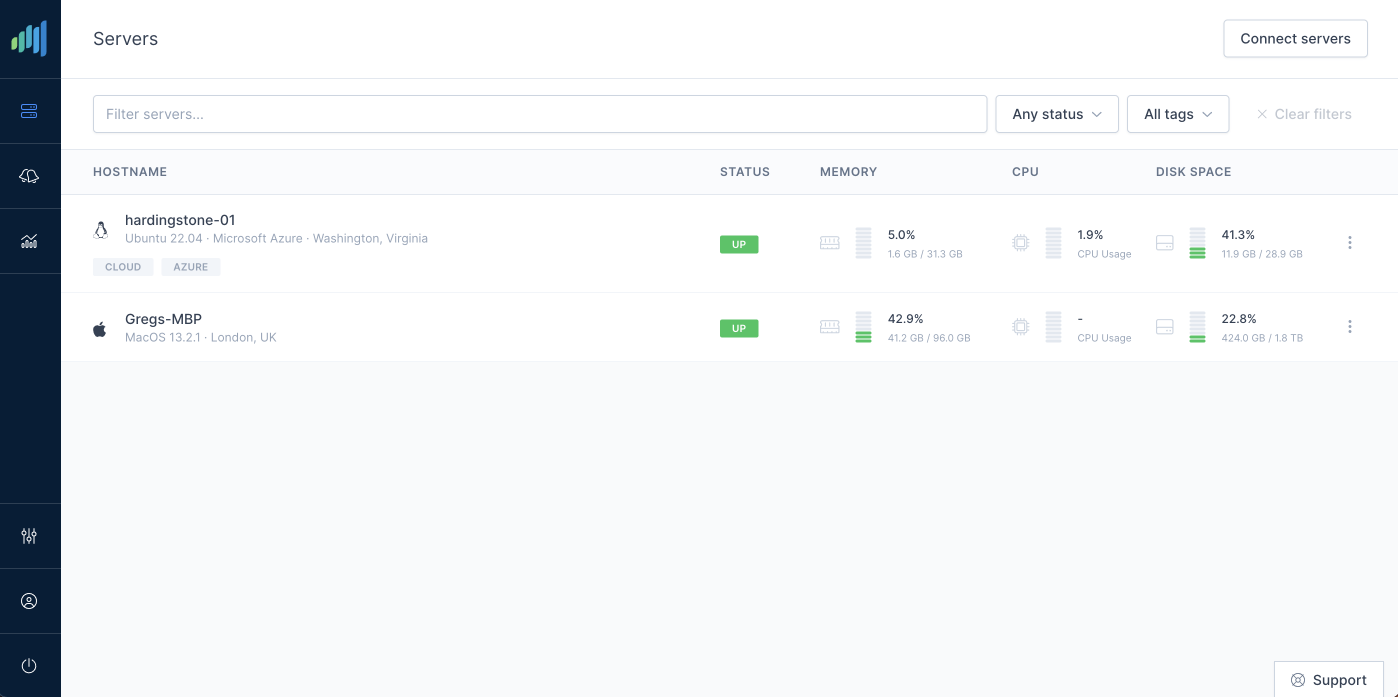Issue #003: Zettelkasten methodology
Hi friends!
As the hype around Roam Research is still not dying down, I recently started researching more deeply into the note-taking methodology it's built around. Some of the terms I kept seeing were digital gardens, evergreen notes and the Zettelkasten. As it turns out, this last one refers to a method of taking and organising notes invented by Niklas Luhmann, a German sociologist and philosopher who, over the course of his career in the 20th century has written more than 70 books and published more than 400 academic papers.
Apparently his prolific writing was made possible in big part by the note-taking method he came up with. He would take notes (more than 90,000 in total!) and instead of organising them into a hierarchical structure, they would be kept as a single, ordered stack of numbered index cards. The numbering allows linking cards together and you end up, conceptually, with an interconnected knowledge graph. Luhmann's career spanned most of the second half of the 20th century, so the notes were physical pieces of paper and were digitised only very recently, and many years after his death.
You can read more about Zettelkasten, zettelkasten.de website is a good place to start and also check out Obsidian, a free, markdown-based app that fits very nicely into the methodology. Just resist the temptation of creating folders and structure.
After a few weeks of using the Zettelkasten method and building my interconnected note library, I'm realising that Zettelkasten is not about note organisation at all. What it gives you is the opportunity to discover connections between ideas that you wouldn't normally come up with. It also lets you iterate over the ideas slowly, each note is a single, atomic piece of paper (no matter whether physical or digital) and every idea can expand organically over time.

Weekly favourites
- Andrew Wilkinson is one of the most unusual venture capitalists of our times, though the way his firm called Tiny operates is much more similar to private equity industry. Like Warren Buffet, he buys unsexy but profitable businesses with the intention of keeping them forever. He recently sat down with Harry Stebbings from 20 Minute VC podcast and had a super insightful and entertaining talk.
- How do you take a product from nothing, through a validation to a successful launch and beyond? One of the founders of Tuple, Ben Orenstein had a talk at MicroConf 2019 in which he shared his knowledge and insights. It's almost 40 minutes on YouTube but I consumed it audio-only and got probably 99% of the value. You can watch / listen to it here.
- I've been looking for a solid wireless charger for a longer while and it looks like I already found something that's 10x better than the usual, Chinese-made products you can find find on Amazon. It's made of aluminium, has a nice size, solid weight, USB C port and is made by a company called Satechi. It's pretty expensive for a phone charger but well worth it. Probably one of the best tech purchases I made this year. I bought it on Amazon.
Quote
Most people doubt online meetings can work, but they somehow overlook that most in-person meetings don't work either.
Thanks for reading, see your next week!
Greg
